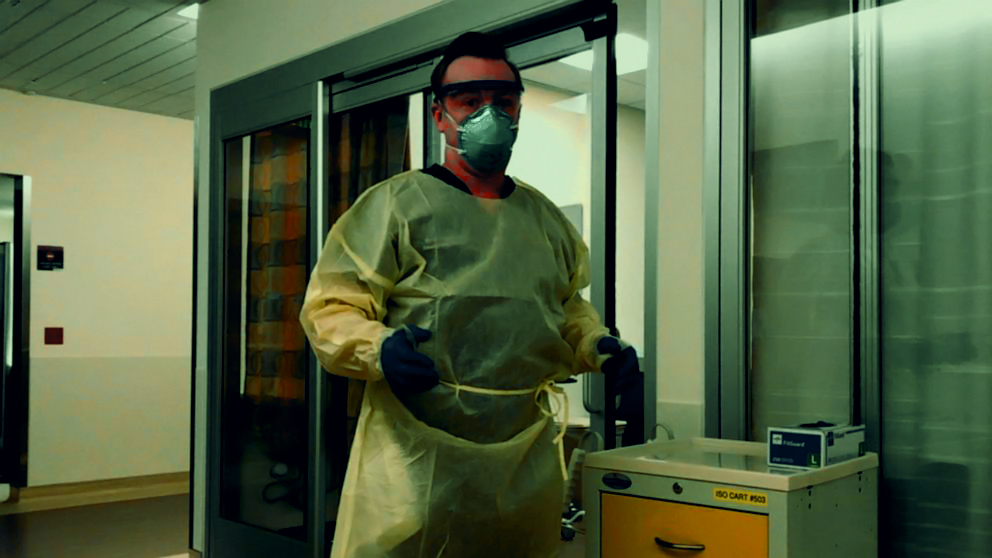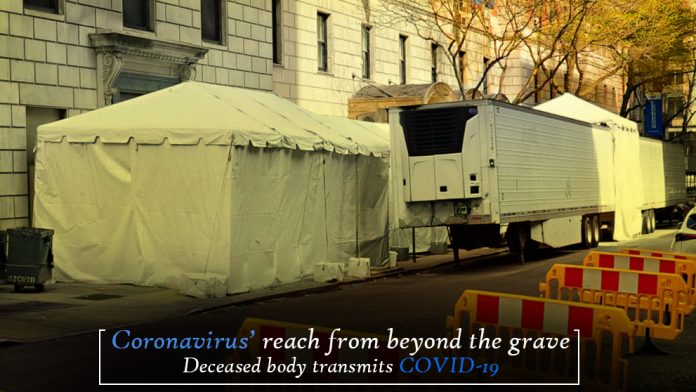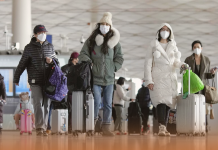Latin phrase ‘His locus ubi mors Gaudet vitae surrurrere’ that is commonly printed on the walls of postmortem rooms and morgues suites that suggest a rough meaning, ‘that’s a place where death joys in teaching the living.’
With every coming day, researchers and analysts are discovering more things about the pandemic Coronavirus, and the fresh discovery came behind the graves.
In Thailand, scientists claimed the first infection of coronavirus epidemic that was transformed by a dead body. The dead body was a professional forensic medical. Forensic pathologists told that the person got Coronavirus from a dead person, the conclusion made by Thai Scientist.
The last responder of coronavirus pandemic, forensic examiner, or pathologists have rare chances to make contact with Coronavirus infected persons as compared to first responders, including EMTs and Police officers.
Here we can see that Coronavirus basically blowout via respiratory small droplets when a person talks, sneeze, or cough. That is why there are less chances for a dead body to transmit the virus. Despite this, the transmission of the virus is possible by a dead body.

NAME (The National Association of Medical Examiners) observes that, after death, chances for transmission of Coronavirus droplets become less. Still, we can’t say that it’s impossible because forensic personnel consistently visit and contact with biological fluids.
Experts said that it is possible for a person to contract Coronavirus from the dead body. There are already precautions available to guard medical staff from getting any danger. Moreover, you shouldn’t touch the dead body of your loved one, who died with the suspect of having COVID-19.
After death, the maximum number of infectious germs do not make long-lasting, World Health Organization says. Moreover, WHO also said that the people who regularly manage dead bodies are at risk of getting blood-borne viruses such as hepatitis, HIV, and Ebola.
Medical staff and other workers who handle dead bodies aren’t much sure that which body is infectious or not. So they should always adopt universal precautions and consider each body as an infectious body. Medical personnel should wear protective goggles, suits, gloves, caps, masks, and face shields.
A medical examiner, Melissa Guzzetta, said that I contact with all my cases by following all universal precautions; that’s why I feel protected.





